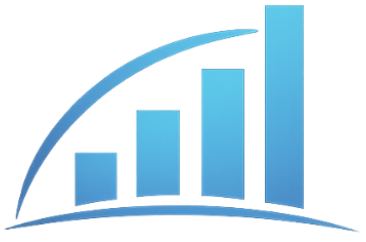Section 8 (Housing Choice Voucher): How to join the program and get help paying rent
Is rent taking up a large portion of your income? Section 8, also known as the Housing Choice Voucher program, is a legal and structured option designed to ease that burden. The issue is that many people hear about the program but don’t know exactly how to join, where to start, or who to turn […]
Section 8 (Housing Choice Voucher): How to join the program and get help paying rent Read More »









